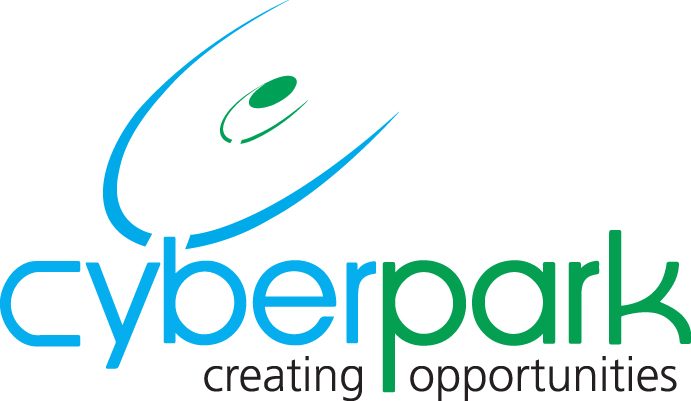IoT – Powering the Transformation of Business
While most smart buildings are managed by an integrated software application, usually known as the Building Management System (BMS), the Internet of Things (IoT) offers stakeholders the durable insight and control required for further value creation, customisation, and cost control. IoT has redefined the relationship between physical and digital environments. This results in buildings that can communicate, identify risks, and address inefficiencies—all automatically performed to our desired standards.
What is a ‘Smart’ building?
Today, smart building solutions connect devices and sensors to the cloud, use analytics and artificial intelligence for addressing risks or inefficiencies, and communicate with users. IoT performs all of these with a network of connections that automatically senses and responds to changes in physical environments—from lighting to biometrics. With insight into operations, resource management, space utilisation and productivity, stakeholders can take proactive actions, optimise usage, and rationalise processes.
Benefits of ‘Smart’ Buildings
- Improved Use of Resources – IoT solutions provide you with valuable insights and patterns of resource usage. This helps businesses to become proactive and tackle unplanned downtime. Prioritisation of tasks is easier with these solutions.
- Reduced Consumption of Energy – Energy consumption can be checked and optimised to requirement. With real-time visibility into usage of resources, these solutions help in controlling consumption and optimising usage. Through the use of automation and Artificial Intelligence, we can ensure that our devices operate only when necessary, thereby reducing wastage.
- Efficient Utilisation of Space – IoT solutions leverage sensors and devices to improve space usage, through the use of heat maps and other sensors. Smart building solutions are capable of using intelligence and automation capabilities to learn behaviours and preferences. This greatly helps businesses to provide a supportive environment that caters to the needs of employees and other personnel present.
- Effective Personalisation of Environments – As IoT connects people, devices and locations, smart buildings have more flexibility in determining the nature and quantum of value served to users. A major aspect of value addition includes personalised assistance based on user preferences and activities, going way beyond proximity-based automation that most BMS’ offer.
With IoT connectivity, users have the ability to interact with a device or sensor from a remote location. IoT presents numerous opportunities and allows users the flexibility to experiment and iterate at a smaller level. Once a solution is tested, it can be scaled up and even globally distributed.
Marching towards Smart Cities
Kerala’s initiative to earmark its commercial capital, Kochi, as a hub for IoT has set in motion a vibrant ecosystem for early adoption of the technology in sectors such as governance, infrastructure, transport, welfare and civic services, etc. Multiple sectors collaborate and work in tandem for sustainable outcomes. Based on the sectors involved, IoT undertakes the analysis of both contextual and real-time information, and streamlines operational technology systems.

Figure 1: Innovative services in IoT will drive the development of allied ecosystems within a city. (Source: https://iotweek.blob.core.windows.net)
This multi-sector adoption of IoT enables smart cities to interact and engage with citizens, providing value and personalised assistance. For instance, sensors in bus bays can help in identifying people with special needs, alert the bus driver, and communicate to the passenger about the approximate time of the vehicle’s arrival. Apart from personalised attention and value creation, IoT can help reduce the cost of energy, resources, and maintenance by up to 30 percent. In about a year’s time, large commercial sones, industrial parks, and gated communities will turn to IoT services for meeting all their requirements.
For businesses, IoT presents both disruptive and transformational potential. They have no choice about whether to embrace IoT or not. The coming days will witness increased Smart Digitalisation across sectors—healthcare, transportation, agriculture, etc. as IoT adoption is the only way forward for society.



 Space Enquiries
Space Enquiries
